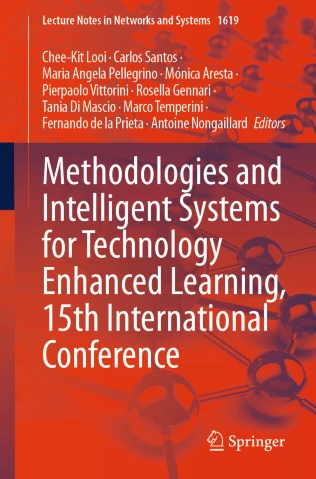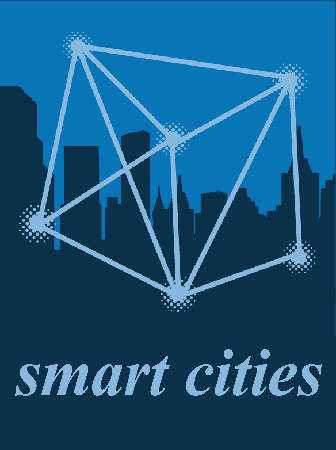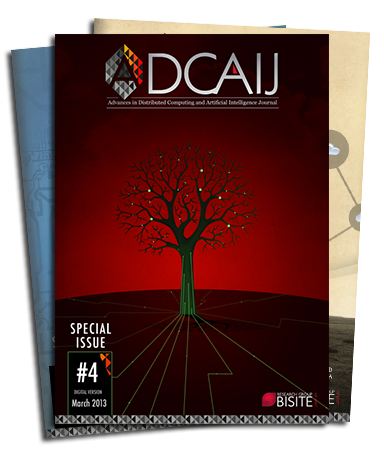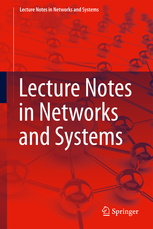Join us at MIS4TEL 2026 as we collectively contribute to a methodological discourse that is instrumental in shaping the future of learning. This edition places a special emphasis on the integration of Digital Technologies in the Classroom and explores the transformative power of AI in Education. Together, let’s pioneer new methodologies that elevate the landscape of technology-enhanced learning. Submit your research papers, workshop proposals, and innovative methodology showcases to be a part of this groundbreaking exploration!
Key Highlights
Methodological Innovations Track:
- Pedagogical Paradigms: Uncover groundbreaking methodologies that redefine how educators engage with technology to enhance learning outcomes.
- Assessment Strategies: Explore novel approaches to assessing the efficacy of technology-integrated educational methods, ensuring robust evaluation frameworks.
- User-Centered Design: Delve into user-centric methodologies that cater to the diverse needs of learners and educators, fostering inclusivity and accessibility.
Interactive Workshops:
- Hands-on Learning Experiences: Participate in hands-on workshops that showcase practical applications of innovative methodologies, encouraging active learning and skill development.
- Collaborative Methodology Design: Engage in collaborative sessions to co-create methodologies, leveraging the collective expertise of diverse participants.
Research Paper Sessions:
- Methodological Rigor: Present and discuss research papers that emphasize the importance of methodological rigor in designing, implementing, and evaluating technology-enhanced learning interventions.
- Emerging Methodologies: Explore emerging methodologies in TEL, including but not limited to gamification, virtual reality, and adaptive learning systems.
Technology Showcase:
- Demonstrations of Methodological Integration: Witness live demonstrations of how various methodologies seamlessly integrate with cutting-edge technologies to enhance the educational experience.
- Interactive Exhibits: Explore interactive exhibits showcasing the latest tools and technologies that empower educators to implement innovative methodologies.
Key topics
Artificial Intelligence (AI) in Education
- Adaptive Learning Systems: AI-driven systems that tailor educational content to the individual needs and progress of each learner.
- Intelligent Tutoring Systems: AI-based tutors that provide personalized feedback and guidance to students.
- Generative AI: Generative AI solutions to support education.
Immersive Learning Technologies
- Virtual Reality (VR) and Augmented Reality (AR): Creating immersive learning experiences for enhanced engagement and understanding.
- Mixed Reality (MR): Combining physical and digital elements to create interactive learning environments.
Gamification and Game-Based Learning
- Use of Serious Games: Applying game mechanics to non-game contexts for educational purposes.
- Gamified Learning Platforms: Integrating game elements to motivate and engage learners.
Mobile Learning (M-Learning)
- Mobile Apps for Learning: Leveraging the ubiquity of smartphones and tablets for anytime, anywhere learning.
- Responsive Design: Ensuring educational content is accessible and optimized for various devices.
Learning Analytics
- Data-Driven Insights: Analyzing large datasets to gain insights into student performance, engagement, and learning patterns.
- Predictive Analytics: Forecasting student outcomes and identifying areas for intervention.
Blockchain in Education
- Credential Verification: Using blockchain for secure and transparent verification of educational credentials.
- Smart Contracts for Learning Agreements: Automating and ensuring the integrity of learning agreements.
Collaborative Learning Platforms
- Social Learning Networks: Facilitating collaborative learning experiences through online communities.
- Online Group Projects and Collaboration Tools: Platforms supporting teamwork and project-based learning.
Accessibility and Inclusivity
- Universal Design for Learning (UDL): Designing educational materials and activities to be accessible to all students.
- Assistive Technologies: Integrating tools to support learners with diverse special educational needs.
Cybersecurity in EdTech
- Securing Learning Platforms: Addressing the increasing importance of data security and privacy in educational technology.
- Ethical Use of Technology in Education: Using technology to handle real-life situations from an ethical standpoint, like cyber-bullying and copyright issues.
Digital Literacy and Citizenship
- Promoting responsible and ethical use of technology among students.
- Addressing Bias in AI: Ensuring fairness and equity in AI-driven educational tools.
Format
The maximum length of the papers is 12 pages, including figures and references:
Submission
All proposed papers must be submitted in electronic form (PDF format) using the MIS4TEL conference management system.
The MIS4TEL Main Track follows a double-blind peer review process. Authors must submit anonymized manuscripts that do not disclose their identity or affiliation. Likewise, reviewers will remain unaware of the authors’ identities until the acceptance or rejection decision is finalized.

Review process
All submitted papers will undergo a thorough review process; each paper will be refereed by at least three experts in the field based on relevance, originality, significance, quality and clarity.
The Organizing Committee will manage the review process and will either reject the paper, accept the paper as full papers (12 pages), accept the paper as short paper (10 pages max).
Publication
Accepted papers will be included in MIS4TEL Proceedings. At least one of the authors will be required to register and attend the symposium to present the paper in order to include the paper in the conference proceedings. All the accepted papers will be published by Lecture Notes in Networks and Systems series of Springer Verlag.
Please, remember that for the accepted version of your paper you must fill out and sign the Consent to Publish and send it back.
** Indexing: The books of this series are submitted to DBLP, INSPEC, Norwegian Register for Scientific Journals and Series, SCImago, SCOPUS, WTI Frankfurt eG, zbMATH, Google Scholar, Springerlink. **
Proceedings of MIS4TEL 2025 (Main track) are available:
Methodologies and Intelligent Systems for Technology Enhanced Learning
15th International Conference
Editors: Chee-Kit Looi, Carlos Santos, Maria Angela Pellegrino, Mónica Aresta, Pierpaolo Vittorini, Rosella Gennari, Tania Di Mascio, Marco Temperini, Fernando de la Prieta, Antoine Nongaillard
More informationSpecial Issues
Authors of selected papers from MIS4TEL will be invited to submit an extended and improved version to special issues in different journals:
Authors of selected papers from MIS4TEL and the co‑located events will be invited to submit an extended and improved version of their work to the Advances in Distributed Computing and Artificial Intelligence Journal (ADCAIJ) (ISSN: 2255‑2863), which is indexed in Web of Science and Scopus, and listed in DOAJ, ProQuest, Google Scholar, WorldCat, Dialnet, Sherpa ROMEO, Dulcinea, Ulrichsweb, BASE, and Academic Journals Database. Journal metrics: JCR (2024) – Journal Impact Factor (JIF) 1.6, Q3 in Computer Science, Artificial Intelligence; JCI (2024) – category placement Q4; SJR (2024) – 0.219. The journal has also been awarded the FECYT Quality Seal (9th edition, 2025).

To Be Updated



